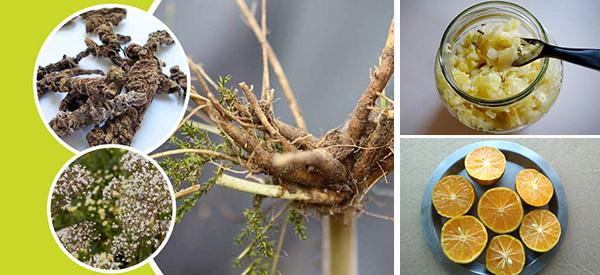
30 Anti-Anxiety Remedies You Didn’t Know About
Suffering from anxiety is more than unpleasant . . . it can affect your quality of life. Unfortunately, so can some prescription drugs for anxiety. This brings us to more natural options that you can use.
1. Almonds
These yummy nuts are more than a protein-rich snack. They’re also packed with Vitamin E, which has been shown to be useful in preventing stress.
2. Ashwagandha
Also known as Indian ginseng, ashwagandha is a root that can be used in tea or powdered form to give your body some backup in stressful situations.
It will aid the body in its stress response and tamp down the anxiety that is bound to rear up. You should also check out our “Plant of The Week” section to find out more about Ashwagandha.
3. Berries
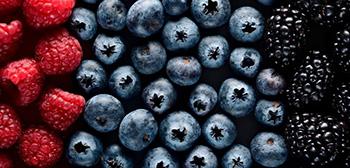
All berries are good for you, but blueberries are particularly good for your anxiety levels.
You’ll get the antioxidants that help ease depression and other mood disorders. Just add some to a smoothie or to your cereal each morning.
4. CBD
You’ve likely heard a lot about cannabidiol or CBD lately. It’s been used for a wide variety of mental health issues, including trauma responses and anxiety.
It doesn’t make you high, but can interact with any current medications you’re taking, so talk to your doctor first.
5. Chamomile
You know this tea can help you sleep, but did you know it’s also useful for lowering anxiety? Brew a cup of tea and drink it hot or cold as needed.
6. Chia Seeds
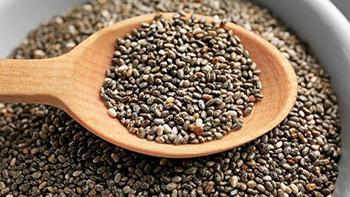 For those who dislike meat or seafood, chia seeds are a vegan alternative source for omega-3 fatty acids.
For those who dislike meat or seafood, chia seeds are a vegan alternative source for omega-3 fatty acids.
Ground chia may be added to your daily smoothie or sprinkled on your food to aid in the prevention of anxiety and nerves.
7. Coffee
For some people, caffeine is calming. If you find it makes you too jittery, you should avoid it, but there is something to be said for having a hot drink in order to relax.
Related: Herbal Coffee Substitutes You Can Drink Every Morning
8. Damask Rose
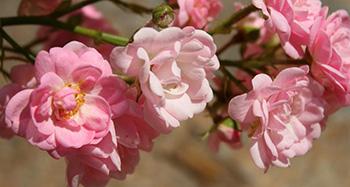
The damask rose can be used to make a tea that will give you a better sleep.
It also works like Xanax to change the way you feel. Some say it has a hypnotic effect, in fact.
Take a cup of tea when you need it.
9. Dark Green Vegetables
Spinach, chard, and kale are all excellent for lowering anxiety. Bring down your nerves by eating a cup or two of dark greens every day. They will give you plenty of iron, magnesium, and B-vitamins to keep your nerves calm.
10. Dark Chocolate
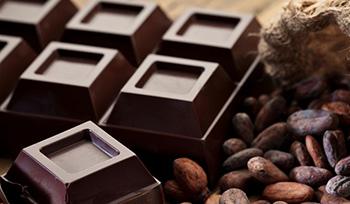 If you tend to find craving chocolate when you’re anxious, there may be a good reason for that.
If you tend to find craving chocolate when you’re anxious, there may be a good reason for that.
Just go ahead and eat some . . . but make it dark chocolate. It will lower your blood pressure and increase blood flow to the brain.
11. Exercise
While not a herb or food, exercise has been proven to be a worthy opponent for fraying nerves. Even just a walk can help you feel calmer and more in control of the situation. You can stroll around the block or ride your bike to the store for a fix.
12. Green Tea
Commonly used for its antioxidant benefits and help with lowering blood pressure, green tea is also good for calming yourself.
It contains L-theanine, a natural relaxation amino acid. Drink a cup every morning for a more relaxing day.
13. Hops
Usually used to make beer, this bitter herb is also a mild sedative.
It’s available in a tincture or you can put some in a pillow so you breathe in the calming aroma when you head to bed each night.
14. Kava Root
As a mild sedative that is not addictive, kava root can ease anxiety and help you feel better. The possible side effects are mild and it can be taken in powdered form for easy use.
15. Lavender
Use lavender to help you feel better when stressed out. The essential oil can be useful for aromatherapy, or you can brew it up as a tea.
Even having dried lavender in your pillowcase will help you sleep better and awaken more refreshed.
16. Lemon Balm
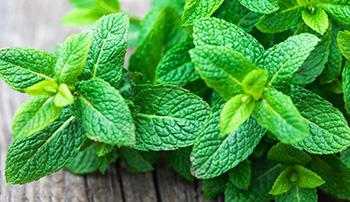
Try brewing a nice cup of lemon balm tea to help reduce your anxious feelings.
It can help lower stress and gives you a more tranquil feeling within an hour after you drink it. It can also help you feel sleepy.
17. L-theanine
A natural amino acid found in tea (black and green) is a great way to avoid the high cortisol levels that come with feeling anxious. You may find yourself drinking more tea, but you should try not to go over 400 mg if taking supplements.
18. Magnesium
You can find magnesium in pumpkin seeds, almonds, spinach, and cashews. Magnesium is essential for proper body function in just about every system in your body.
However, it is particularly important when it comes to managing your stress levels.
19. Oatmeal
This hot breakfast cereal goes well with the previous option, but oatmeal on its own will also work to ease your anxiety.
This is due to the fact it provides steady energy and maintains blood sugars. Oats also boost serotonin in the brain.
20. Oysters
Speaking of seafood, oysters are another great option if you find yourself stressed out.
These contain zinc, which is a useful mineral your body needs in order to handle stress with minimal damage to the body and brain.
21. Passionflower Tea
The flowers of the passionflower can be turned into a tasty tea that will help relax you. It’s as useful as prescribed medicines for anxiety. A cup before bed will help you sleep, but it will also give you a calming effect.
22. Salmon
Omega-3 fatty acids are useful in helping your brain stay healthy, but your body can’t actually produce them. You’ll need to eat the omega-3s to get them into your system and salmon is an excellent way to do that. You can also eat flaxseed if you prefer.
23. Sauerkraut
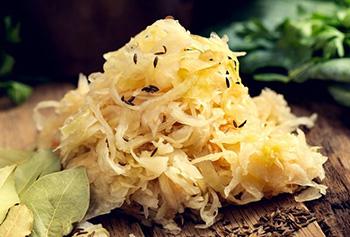
Fermented cabbage may not sound like what you need when you’re worried about something, but it’s actually pretty effective when taken daily.
There are B vitamins and vitamin C, as well as probiotics in sauerkraut.
This is great for gut health, which improves your response to stressors and also produces serotonin.
Related: What Happens If You Eat Cabbage Every Day?
24. Therapy
In some cases, therapy is the best option, particularly when combined with various natural remedies. Find a therapist who will support you and offer you coping techniques that you can use anywhere.
25. Turmeric
This tasty spice is great for boosting brain health. It’s also useful in reducing anxiety disorders. Consider using it in your food daily to up your antioxidants and lower your anxiety levels. Just a spoonful of the spice can be useful.
26. Valerian Root
A very calming herb, this root can be used to help you sleep, as well as calming your nerves.
Brew a teaspoon of dried root in a cup of boiling water.
Steep it for 12 minutes before drinking to lower the amount of tension you’re feeling.
27. Vitamin B
Your body requires plenty of B vitamins if you are under stress or suffering from depression and anxiety. You can take supplements, as you’ll need all the B vitamins, or eat food like fish, chicken, milk, eggs, and cheese.
28. Vitamin C
You know this vitamin boosts your immune system, but did you know you also need it to calm your anxiety? Eat citrus fruit daily to help with this. You can also get vitamin C from leafy greens.
29. Vitamin D
Are you getting enough vitamin D? Most people aren’t, but it’s essential for regulating your mood and stress. Get out in the sun daily or have vitamin-rich foods to eliminate stress.
30. Yogurt
The probiotics found in yogurt can help with mental health. Since free radicals and neurotoxins are harmful to the brain’s nerve tissue, probiotics help prevent the damage. Studies have shown that probiotic yogurt eases stress.
Anxiety can be a life-altering problem and you may need a doctor’s help with it. However, there are definitely methods to try before turning to heavier solutions.
You may also like:
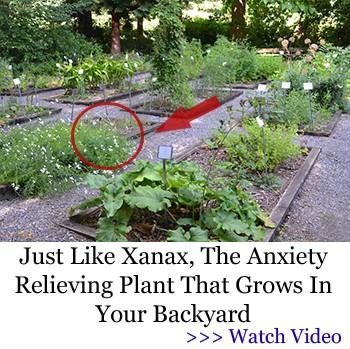 5 Calming Herbs to Soothe Anxiety
5 Calming Herbs to Soothe Anxiety
A Before-Bed Recipe to Sleep Like a Baby Again (Video)
Vervain: The Medicinal Plant that Should be Part of Your Apothecary

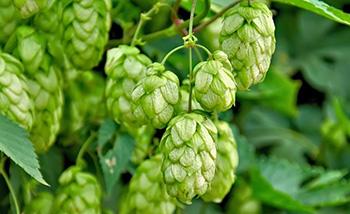
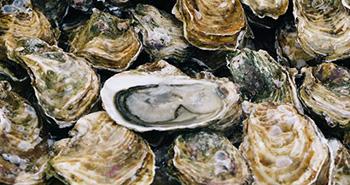
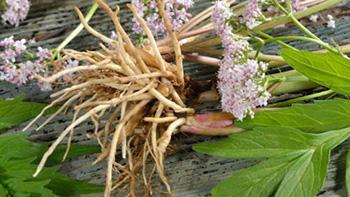
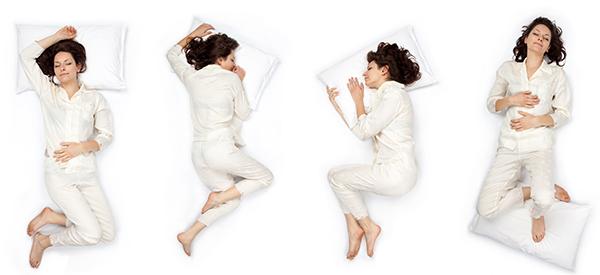
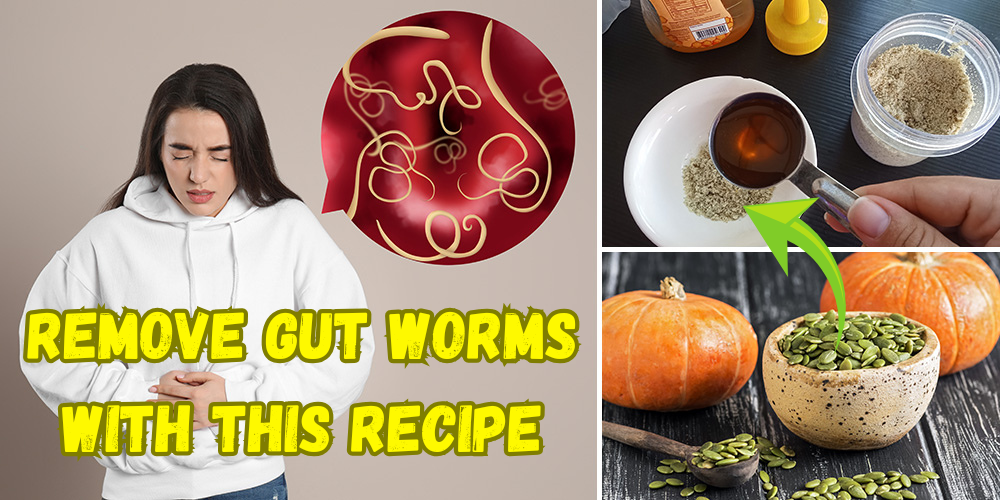
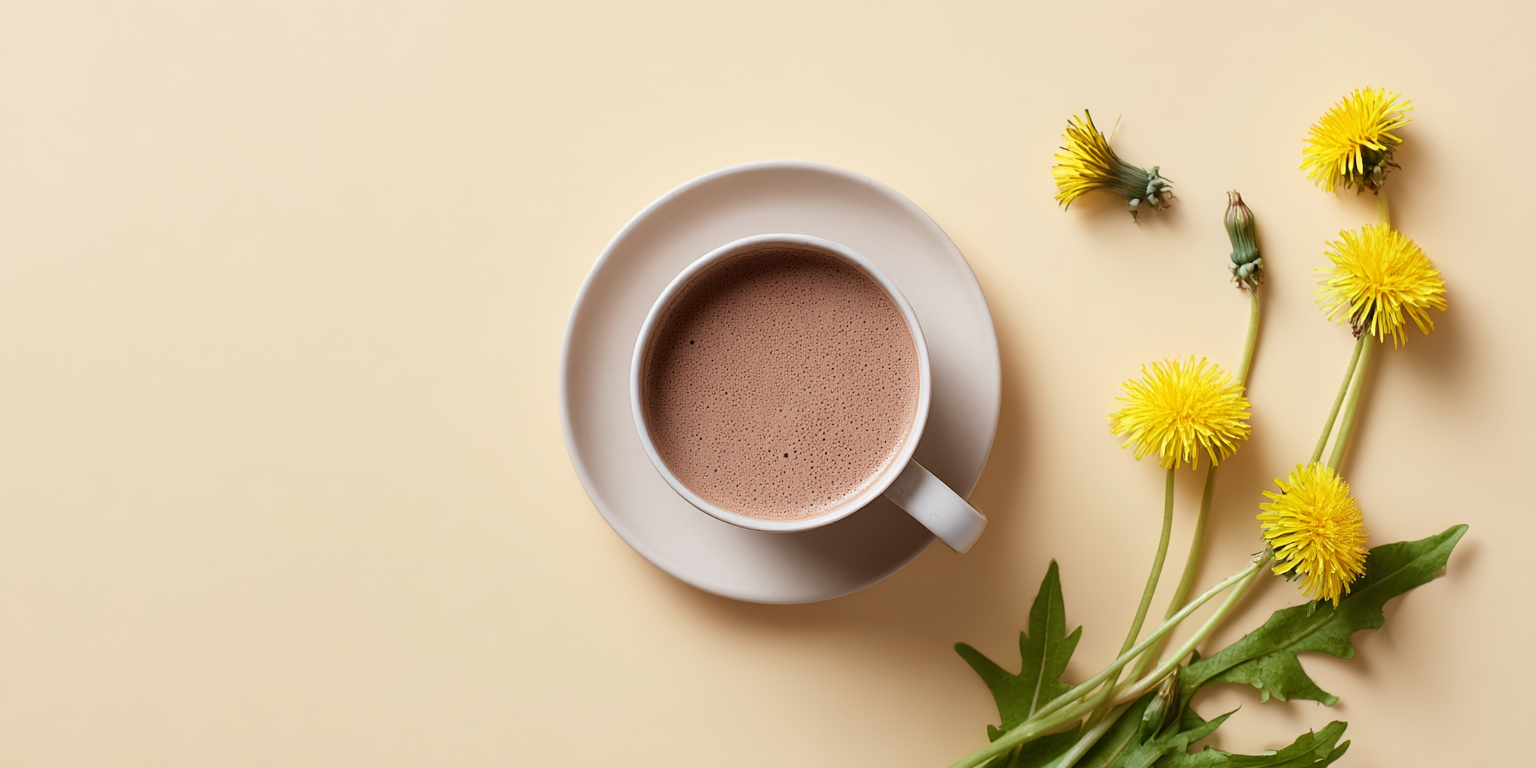
G00d info
Great info! I appreciate the knowledge you share.
Hi Lori,
We appreciate your comment.
God bless!
Thanks so much for this information! I always find this information valuable!
Hi Alaire,
Thank you for your comment.
I am glad to hear this information is valuable for you!
Thanks for the information. I have your book “The Lost Herbs”, and I think
it is a very good source of information also.